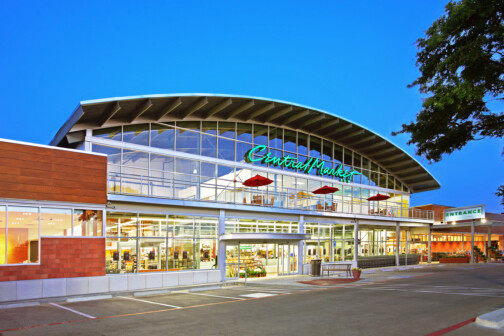The arrival of cable television brought yet another subtle form of snobbery to Dallas: Once again, we’ve been divided into the “haves” and the “have-nots.” But sometime soon, even the “have-nots” will get another option in local TV viewing: a commercial station, Channel 58.
Last August, the Federal Communications Commission (FCC) authorized the birth of a new UHF channel for the Dallas area. Adam Powell III, son of flamboyant ex-New York Rep. Adam Clayton Powell Jr., is the man behind the station, and he’s banking millions on the hope that Dallas-ites want more television programming.
But don’t start flipping stations yet. Powell says that although the remaining FCC approval rulings should be completed within the year, the station probably won’t be operating before 1985.
Powell, 37, is the primary investor in the new station; the other investor is Barbara Harrison, an ex-KDFW (Channel 4) news anchor who is now an anchorperson for the NBC affiliate in Washington, D.C. The two investors have formed Metroplex Broadcasting Co. Inc., and they plan to move to Dallas soon.
At this point, Powell, president of the station, and Harrison, station manager and vice president, plan to offer general-interest programming along with some locally produced programming and local news. Recently, however, several existing Dallas-area stations have experienced management changes, and Powell says that he and Harrison don’t want to commit themselves to a particular format until the other stations stabilize.
Although Channel 58 is Powell’s first TV station, he has been working in broadcast media since college, including stints with CBS News as manager of special events in political coverage and network radio news; with WINS, a New York City radio station; with Westinghouse cable; and with ABC in a joint venture: The Satellite News Channel. Powell says he chose Dallas for his project because Dallasites have a “willingness to take fresh looks at ideas and people.”
Neither Powell nor Harrison will estimate the extent of initial hiring for the station or the cost of getting the station on the air. So far, the basic technical equipment alone has cost them about $2 million.
Get our weekly recap
Brings new meaning to the phrase Sunday Funday. No spam, ever.
Related Articles

News
White Rock Medical Center Temporarily Stops Receiving Ambulances and DFW Ranks 45th in Latest Hospital Safety Rating
Plus UT Tyler's new dermatology department, Children's Health's honor, and more.
By Bridget Reis

Local News
Mayor Eric Johnson Makes Another ‘Friendly Belt Buckle Bet’
This time its on the Avalanche-Stars game.
By Tim Rogers

Commercial Real Estate
Checking in on HEB’s Plans for the Old Albertson’s in Uptown
The property at Lemmon and McKinney remains undeveloped despite years of announcements and renderings that depicted a $295 million, 25-story mixed use development anchored by a Central Market. What's going on?
By Will Maddox


